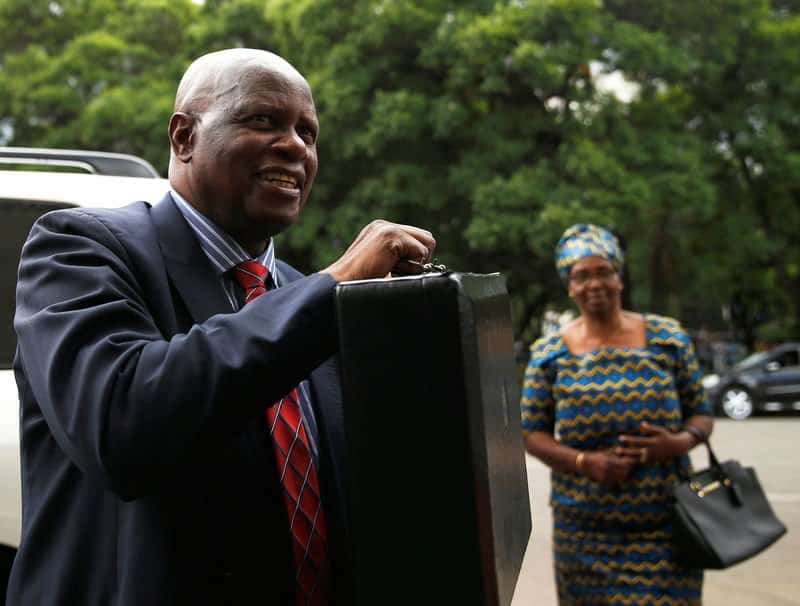The Zimbabwe Coalition on Debt and Development (ZIMCODD) has said Government’s move to assume the ZISCO Steel debt poses negative implications on the taxpayers, one of which is its economic and social effects on the citizens.
“As a social and economic justice coalition, ZIMCODD views indebtedness as the root cause of economic and social crises in Zimbabwe and the world at large. It is in this regard that ZIMCODD wishes to highlight the effects likely to be experienced as a result of the Government’s assumption of the ZISCO Steel Debt,” a ZIMCODD statement noted.
As published in the Herald dated January, 18 2018, the Minister of Finance and Economic Development, Patrick Chinamasa announced that the Government would on Friday January 19, 2018 gazette the Ziscosteel Debt Assumption Bill to facilitate the takeover of $380 million owed to creditors by the steel company, a move aimed at paving way for a Chinese based R&F Company to invest in the once giant steel company.
“Due to the economic challenges currently being experienced in the country, the news on economic revival is welcome to the majority and any patriotic Zimbabwean raises hopes for a better future.”
However, ZIMCODD warned that this should not overshadow the fact that the move by the Government to assume the ZISCO Steel debt has got negative connotations on the economic and social being of the citizens
They argued that a huge chunk of the revenue to settle the ZISCO steel is likely to be drawn from taxes paid by citizens and this automatically means the debt is indirectly weighed on the shoulders of the citizens who have not been spared by the economic meltdown.
“Such insensitive action by the Government will deprive citizens of their economic and social rights since financial resources meant for social services will be used to bail out the Parastatal which is among several that are perennially depending on the fiscus as a result of mismanagement as has always been continuously highlighted in the Auditor General’s Reports.
“The Minister’s remarks raises concerns in terms of how much attention the government should direct towards finding the root cause of the debt before assuming it. According to him, only 10 to 20 percent of Zisco is left, the rest is “obsolete.” The term “obsolete” used in this case highlights the deplorable state of the steel company and this should attract the authorities’ attention in the quest for accountability on the debt before channelling public funds towards the former mining giant.”
In light of this ZIMCODD outlined a number of recommendations. The social and economic movement said before the Government assumes the ZISCO Steel debt, it is every progressive Zimbabwean’s hope to see a debt audit being conducted to determine how the debt was accrued.
They added that instead of the Government assuming the Company’s debt, ZISCO Steel should rather liquidate its non-core assets to settle the arrears and strengthen the Public Finance Management System to enhance transparency and accountability in the utilisation and management of public resources.
